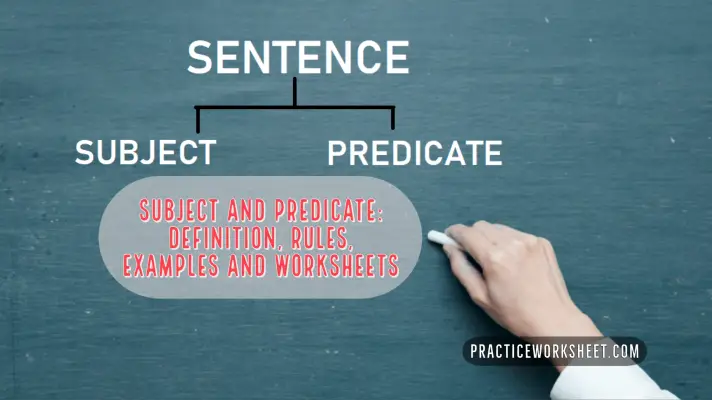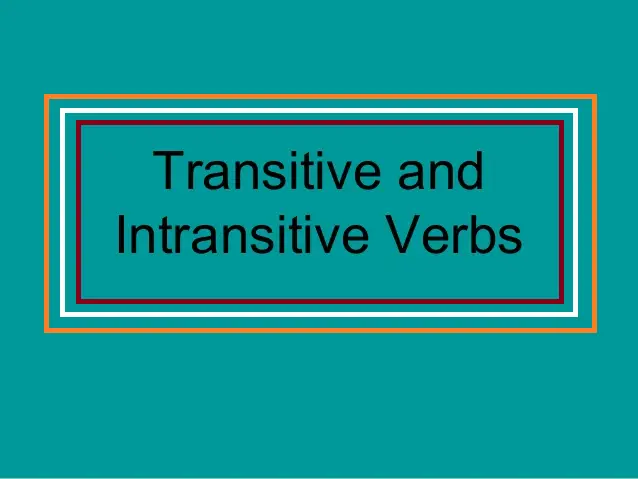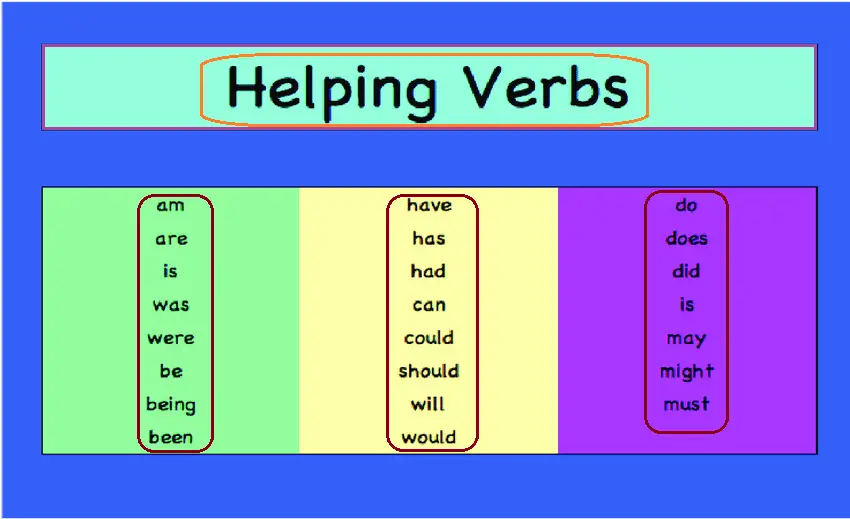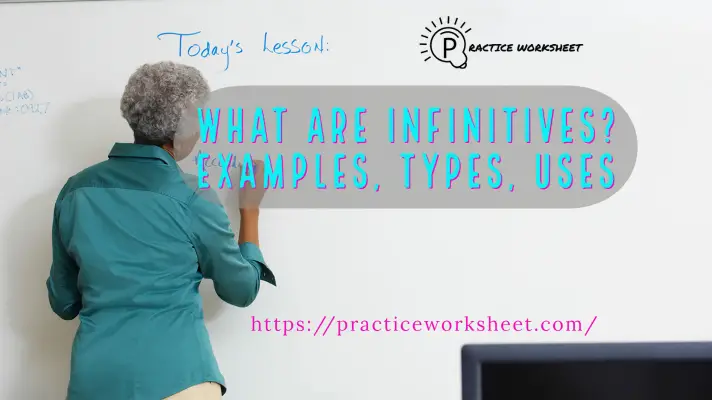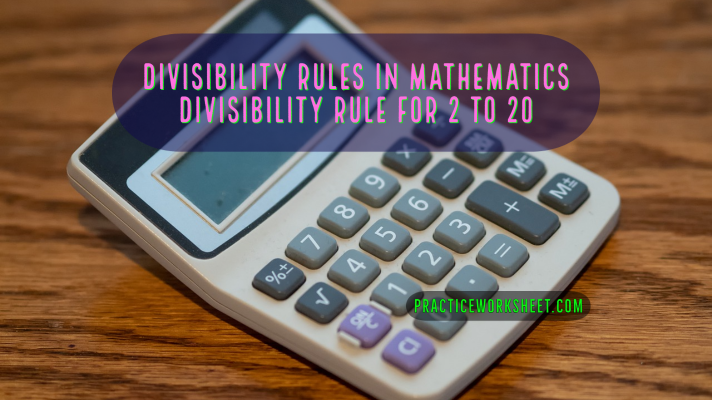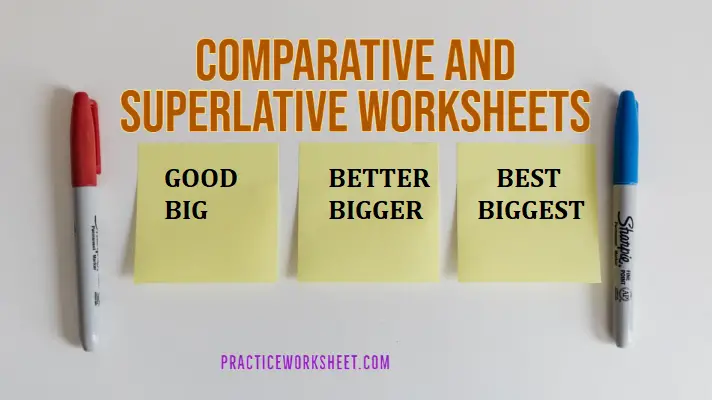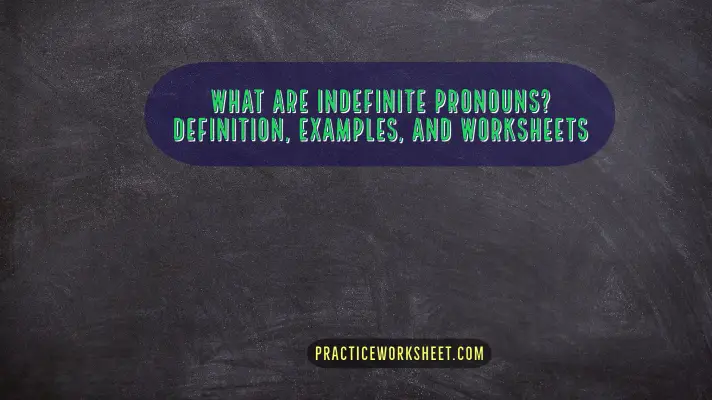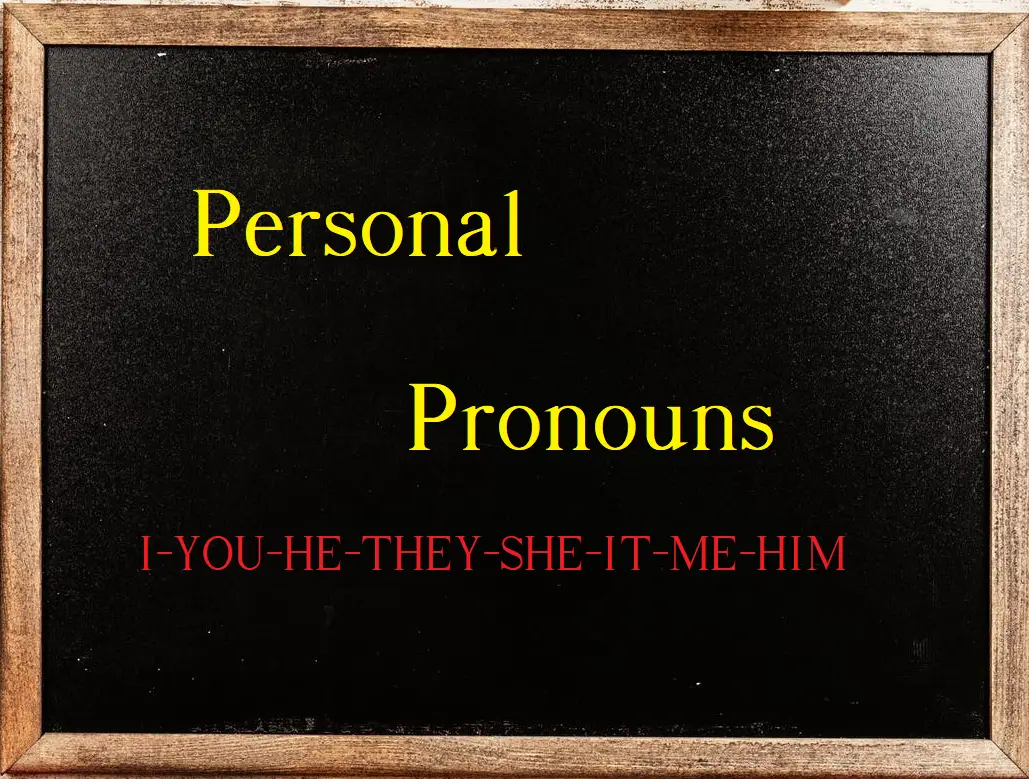A compound noun is a type of noun comprised of two or more words indicating the name of people, animals, ideas, or things. Compound nouns work together as a single unit to name a person, thing, or place and the meaning of the full compound is usually different from the individual word. The use of compound nouns in the English language is quite common. In general, they are made up of two nouns or an adjective and a noun. Usually, the last word is the main noun and the first word is a noun, adjective, verb, or preposition.
Widely used in both written and spoken English, compound nouns are written in three forms. They are:
- Open compound nouns or spaced compound nouns
- Hyphanated compound nouns and
- Closed compound nouns.
Please note that there are no specific rules for these three forms. But Compound nouns work as a single unit in all forms.
Some of the examples of compound nouns include:
- Are you going to the post office?
- Mohor is particular about exercises before sunrise.
- Annual check-up is good for health.
Forming Compound Nouns
Any part of speech can be used to form a compound noun. However, the compound word must act as a noun to be a compound noun. In the following part, we will see some examples of specific types of compound noun formation.
Examples of compound nouns formed using Noun + Noun
A large number of compound nouns are formed using two nouns. Examples include:
- water+bottle = water bottle (Open compound noun)
- police+man = policeman (Closed compound noun)
- wall+paper = wallpaper
In a similar way, all the below mentioned compound nouns are formed using two different nouns: bedroom, fish tank, toothpaste, website, backpack, wristwatch, tablecloth, football, bathroom, dining room, handbag, shopkeeper, motorcycle, bookstore, etc.
Examples of compound nouns formed using Adjective + Noun
There are many compound nouns formed using the adjective+noun combination. Some of the examples are:
- full+moon = full moon (Open compound noun)
- soft+ware = software (Closed compound noun)
- six+pack = six-pack (Hyphanated compound noun)
Similarly, all the following words are examples of compound nouns using adjective+noun form:
mobile phone, blackberry, highway, bluebird, top hat, whiteboard, greenhouse, hardware, cellphone, small talk, blackboard, redhead, hot dog, etc.
Examples of compound nouns using other combinations of parts of speech
Even though the maximum of the compound nouns is formed using noun+noun or adjective+noun combination, there are plenty of compound noun examples that are formed using combinations of other parts of speech. The following table lists some of the examples of such compound nouns:
| Combination of Parts of Speech | Compound Noun Examples |
| Noun + Verb | Sunset, rainfall, snowfall, haircut, sunrise, photoshoot, train-spotting |
| Noun + Adjective | spoonful, town square, cup full, lime green, truckload, wireless |
| Noun + Preposition (/Prepositional phrase) | hanger-on, daughter-in-law, passer-by, lady-in-waiting, son-in-law, mother-in-law, brother-in-law, sister-in-law |
| Verb + Noun | breakfast, driving license, washing machine, grindstone, runway, swimsuit, pickpocket, surfboard, swimming pool, chopstick. |
| Preposition + Noun | bystander, underworld, influx, afterlife, onlooker, past lives, underpants, upstairs, aftershave. |
| Verb + Preposition | check-in, go-between, checkout/check-out, touchdown, drawback, lookout, makeup. |
| Adjective + Verb | dry cleaning, wet sanding, public speaking. |
| Preposition + Verb | input, backbone, output, overthrow, upturn |
| Adjective + Adjective | golden yellow, turquoise blue. |
Plural forms of compound nouns
The plural forms of compound nouns are usually obtained by adding an “-s” or “-es” to the main defining word of the compound noun. For example:
- football=footballs
- full moon=full moons
- haircut=haircuts
- check-in=check-ins
- secretary general=secretaries general
- passer-by=passers-by
- father-in-law=fathers-in-law
Let’s solve the following compound noun worksheets
Compound Nouns Worksheet 1: Underline the compound nouns in the below-mentioned sentences.
a. Have you solved your homeworks?
d. On his birthday, Kapil offered all an ice-cream.
c. Tomorrow we will see the sunrise in the sea.
d. Have you finished your breakfast?
e. Have you checked today’s newspaper?
f. Dishwasher is used to clean plates.
g. What is your plan on birthday?
h. Use that matchbox to lit the candle.
i. Sensodyne is a good toothpaste.
j. Where is your raincoat?
Compound Noun Worksheet 2: Fill in the blanks using appropriate compound nouns given below:
(teapot, bookshop, policeman, watermelon, weekend, timetable, snowman, suitcase, postbox, racecar)
a. Which class in next as per your ________?
b. Can you please post this letter in the ________.
c. That________ is empty. Please fill that with tea.
d. ___________ is my favourite fruit.
e. The _________ helped us to verify the document.
f. What the plan for the ____________?
g. I am searching for that book. But it’s not there in that __________.
h. Are you interested to drive my __________?
i. ________ is made of snow.
j. My __________ is too heavy.
Compound Noun Worksheet 3: Use the hints and form a compound noun.
a. Trip taken by a newly wed couple: ____________________.
b. Machine used for cleaning dishes: ____________________.
c. Food remaining from a previous meal: ________________.
d. Women’s purse:____________________________________.
e. Opposite of software: _______________________________.
f. Room used for sleeping: _____________________________.
g. A tall structure with a powerful light: __________________.
h. Work given by teachers to do at home: _________________.

